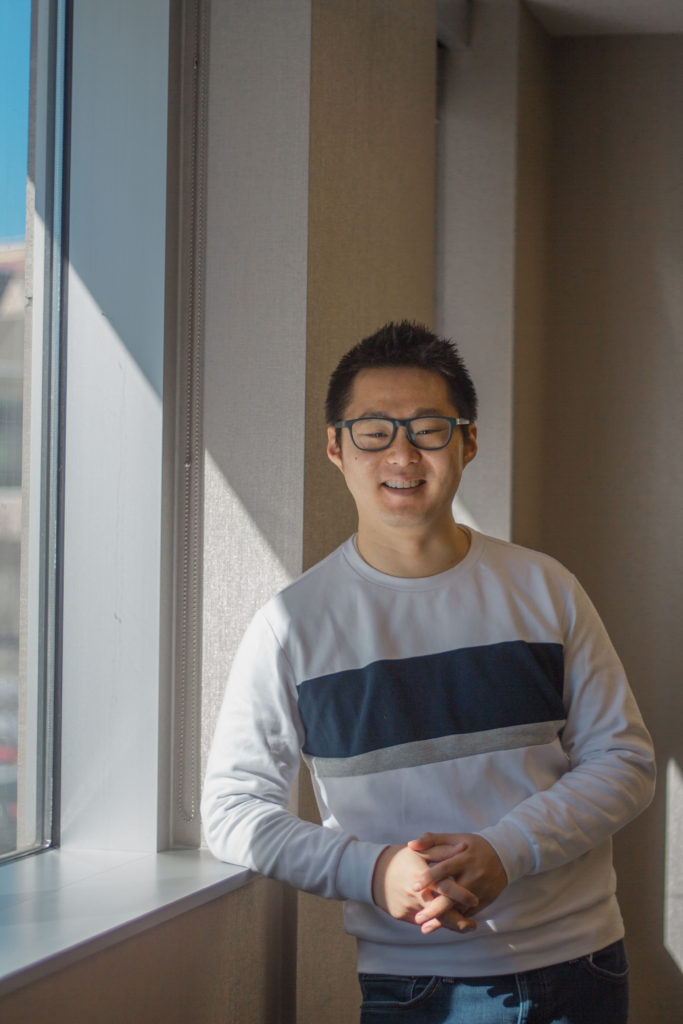
“Finding Korea, Outside and Within”
Nikolas Nadeau
Minneapolis, Minnesota | Korean | He/him/his
I was born in Jinju, South Korea and adopted when I was 14 months-old. From that time, I spent most of my life in Hugo, Minnesota; just north of White Bear Lake. After college, I moved to Korea and taught high school English in Jeongeup, a “small” town nestled beside a mountain — famous for its maple leaves.
From 2010 to 2011, I lived in Seoul while working at Korea’s Fulbright headquarters. It was during that time that I was reunited with my Korean birth mother, who now lives in Daegu (Korea’s third-largest city), along with my uncles, who still live in Jinju.
I then moved back stateside—working in academic editing, children’s publishing and politics. In 2016, I decided it was time to move back to Korea for a while, to explore the possibility to living closer to my birth family. I stayed for about six months—learning a lot along the way—and eventually made the decision to move back to Minnesota. I’m really happy I did, but I don’t think a day goes by without missing Korea.
Over the course of my own journey, I’ve learned that sooner or later, most transracial adoptees have a racial awakening—an awareness that we are, in fact, not White. This is followed, sometimes days, sometimes years later, by a cultural identity crisis: a radical awareness that we are, in fact, Korean, Chinese, Guatemalan, or Ethiopian, etc.
Once that awareness and identity crisis really sinks in, there’s no going back. Suddenly, nothing else matters more than figuring out your Korean/Chinese/Guatemalan/Ethiopian/etc.-ness you have within. And if you don’t find enough of it inside yourself, you immediately go about searching for it outside yourself—by meeting people who can teach and most importantly help transform you into the complete, legitimate, and socially accepted Korean/etc. you now desperately want to become.
And somewhere along that journey of self-discovery and self-creation, you realize that you will never, literally never, be as culturally Korean/etc. as they are.
This truth is often quite devastating. It’s Cultural Identity Crisis Round Two—but this time, it’s a crisis not of self-discovery or self-creation, but self-acceptance. You learn that as hard as it is to create and re-create something, it’s even harder to accept what you create—and, like most creative endeavors—that the final product almost never turns out as you originally had imagined and hoped, and maybe even demanded it would.
But then, over time, you begin to see someone else taking shape—someone who’s not defined by how “X” you are, but by how brave and resilient and beautiful and worthy of love you are by trying to find out.
You discover a person you never knew could exist and can’t help but admire. And you learn to love yourself, over and over again, even and especially when your failures are most evident.
#MinneAsianStories Series
Read all four series of stories below.
Beyond the Myths & Monolith
2021
Power of Me
2020
This is Home
2019
Hello Neighbor
2018